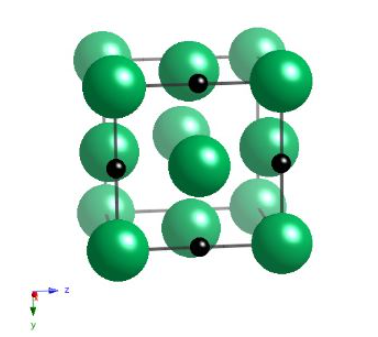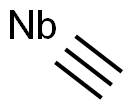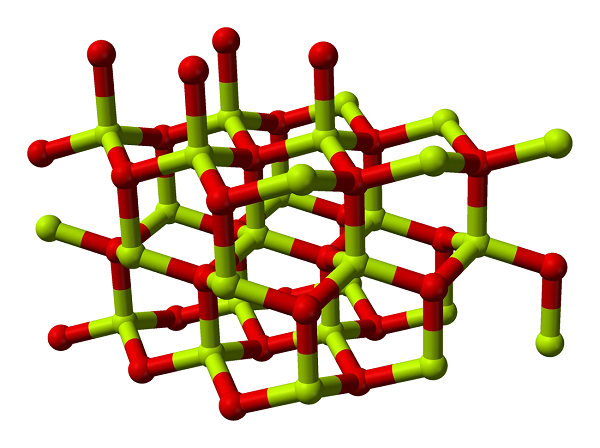What is the crystal structure of TiC?
Niobium carbide is a highly versatile material as it has applications on the metallurgy industry, aerospace industry, and others, as well as on the catalytic field. Especially for hydrodesulphurization reactions of oil refining industries for environmental compliance, carbide catalysts have been found to be excellent reacting materials.
Niobium carbide has a cubic-F lattice with a motif of Nb at 0,0,0, and carbon at 0,0,0.5. The carbide is not strictly stoichiometric but is represented here as such, with a lattice parameter of 4.4691 nm.

Cubic NbC has a wide range of sub-stoichiometric compositions where the maximum hardness is found in the range NbC0.8-0.9. Microstructural control is of the greatest importance for designing near pore-free composites with properties optimised for different applications by controlling e.g. the hard phase – binder phase ratio, phase distribution, NbC grain-size, niobium-to-carbon ratio and grain-connectivity.


